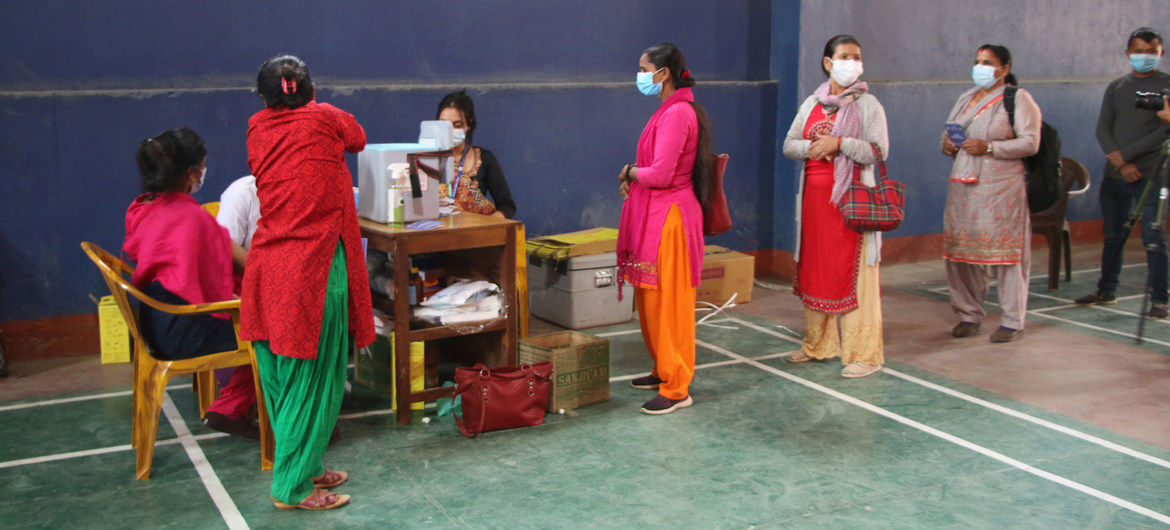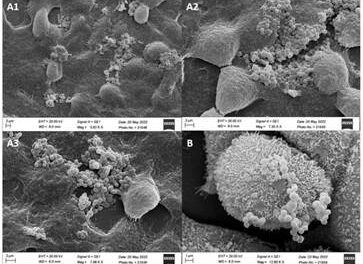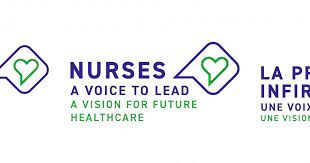A groundbreaking new study has revealed a potential link between human papillomavirus (HPV) and an increased risk of heart disease, specifically coronary artery disease. This finding expands the known health implications of HPV beyond its established connection to various cancers, including cervical cancer.
The research, presented by Stephen Akinfenwa, MD, and his team at UConn School of Medicine, indicates that individuals testing positive for HPV are significantly more likely to develop cardiovascular problems, such as plaque buildup in the arteries. This buildup, known as atherosclerosis, restricts blood flow to the heart and can lead to serious cardiac events.
“Our study shows that clearly there is an association of some kind between HPV and cardiovascular disease,” stated Dr. Akinfenwa. “The biological mechanism has not been determined but is hypothesized to be related to chronic inflammation. We would ultimately like to see if reducing HPV via vaccination could reduce cardiovascular risk.”
This study marks the first comprehensive analysis of the relationship between HPV and cardiovascular outcomes, pooling data from seven global studies conducted between 2011 and 2024, involving nearly 250,000 patients.
HPV is a common viral infection transmitted through intimate contact. It is known to cause genital warts and cancers of the genitals, anus, and throat. The Centers for Disease Control and Prevention (CDC) recommends HPV vaccination for children and teens to prevent these cancers. However, many adults in the United States have not received the vaccine, as it became available in 2006, after they were past the recommended age.
The researchers suggest that clinicians should consider closer heart monitoring for individuals who test positive for HPV, given the potential increased risk. This development underscores the importance of understanding the broader health impacts of HPV beyond its established links to cancer.
Disclaimer: This news article is based on the provided study information. It is important to note that the study establishes an association between HPV and heart disease, but does not prove a direct causal link. Further research is necessary to fully understand the underlying mechanisms and to determine whether HPV vaccination can reduce cardiovascular risk. Individuals with concerns about HPV or heart health should consult with their healthcare provider for personalized advice and guidance. This article is for informational purposes only and should not be considered medical advice.(https://www.financialexpress.com/life/not-just-cervical-cancer-hpv-may-also-cause-heart-diseases-new-study-reveals-3790510/)












